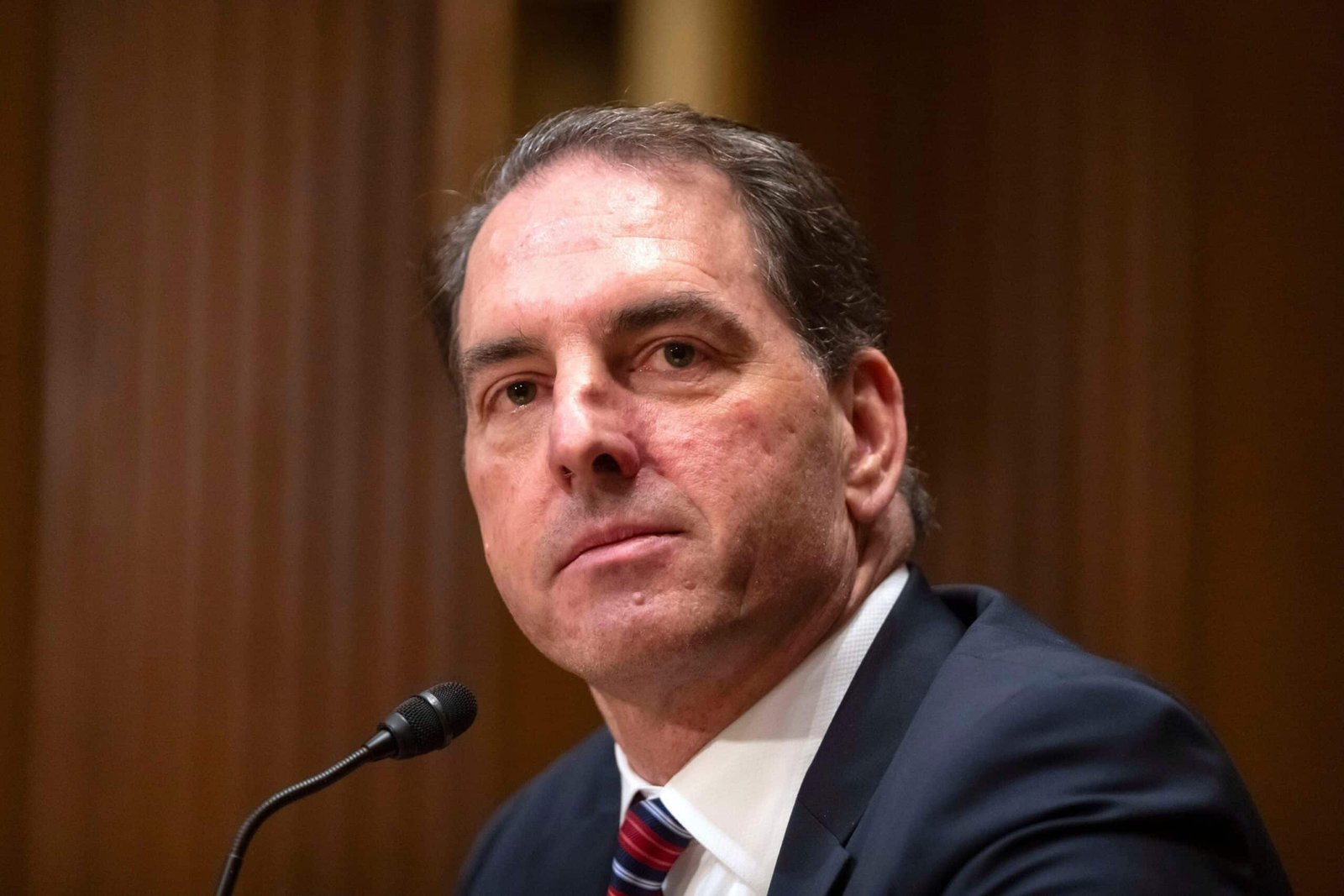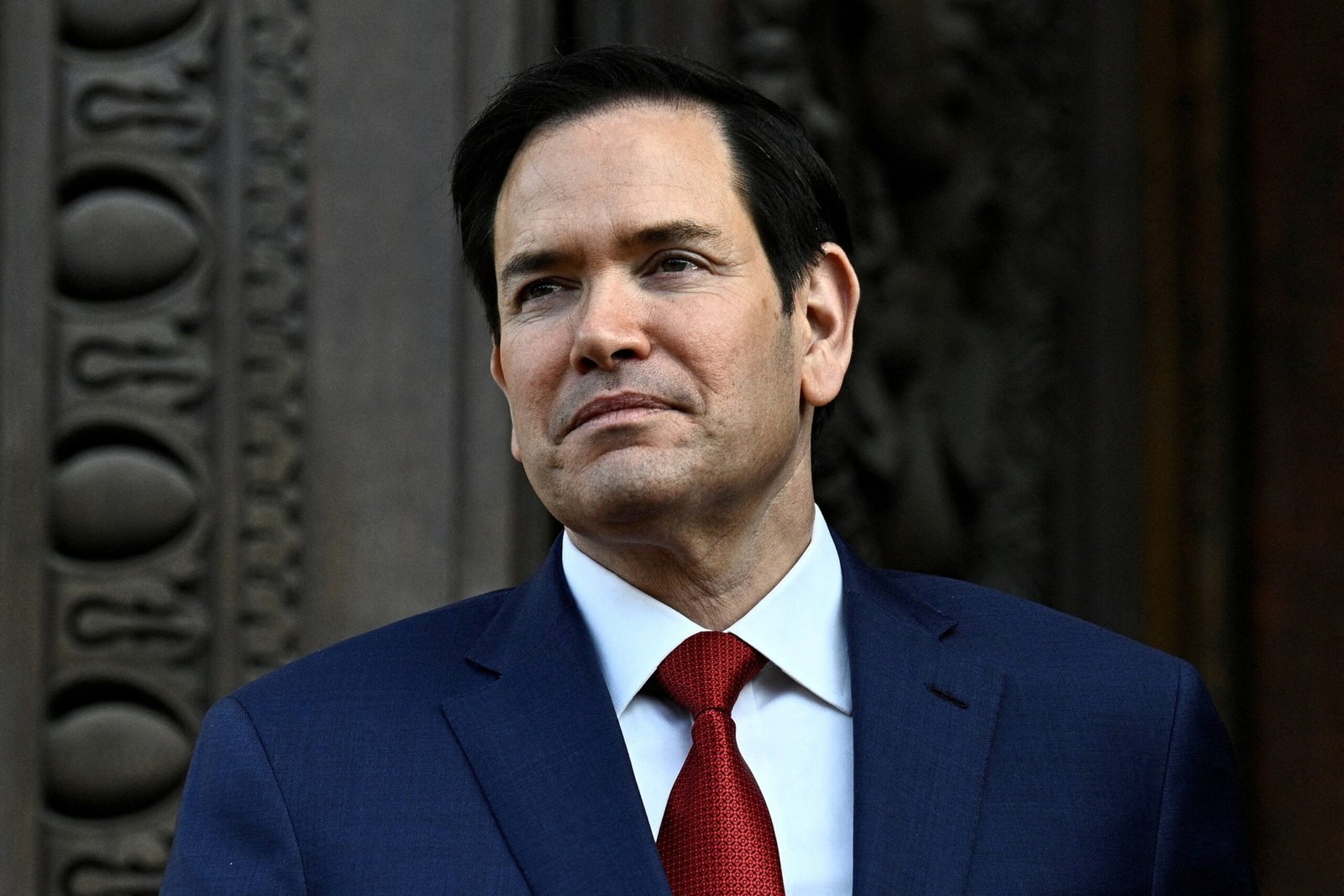The attitudes of the consumers worsened in March when the tariffs of President Donald Trump triggered a defeat of the market and warnings of a possible recession, showed the data of the Survey of the Conference Board on Tuesday. The feeling worsened more than economists expected.
The meter marked the fourth consecutive month of worsening attitudes, falling to its lowest level since 2021.
Future income expectations had been stable even during the recent decrease in general feeling, but that measure of early income fell significantly in March, said the conference board.
Income fears suggest that “concerns about the economy and labor market have begun to extend to consumers’ evaluations about their personal situations,” said Stephanie Guichard, a senior economist of global indicators at the Conference Board, in a statement.
The new data on the feeling of the consumer arrive a week before the start of additional tariffs of the United States, indicating a possible fear of greater escalation in a current global commercial war.
Trump has repeatedly referred to April 2 as a “day of liberation”, saying that an extensive list of reciprocal rates would rebalance US trade relations.
However, Trump’s plan for reciprocal rates is expected next week to be more objective and narrower than he promised previously, although the plan remains in discussion, the sources told ABC News on Monday. The administration focuses on commercial partners who have large commercial imbalances with the United States, sources said.

A customer buy eggs in a grocery store on March 12, 2025 in Chicago, Illinois.
Scott Olson/Getty Images
The news of a potentially softer approach for the next rates gathered US actions on Monday, recovering some of the losses suffered earlier this month. The main rates of shares moved slightly higher in the first operations on Tuesday.
The feeling of the consumer seems to align with the damping expectations in the Federal Reserve. Last week, the Fed predicted a weaker economic growth at the end of the year and a higher inflation than the one in a December forecast.
Speaking at a press conference in Washington, DC, last Wednesday, the president of the Fed, Jerome Powell, criticized tariffs for a “good part” of recent inflation.
According to some key measures, however, the economy remains solid. A recent job report showed a constant hiring last month and an historically low unemployment rate. Inflation is well below a peak reached in 2022, although price increases are recorded almost a percentage point higher than the 2%Fed objective.
Even so, the fears of recession are increasing on Wall Street as companies and consumers resist the commercial war. Goldman Sachs earlier this month raised his probabilities of a recession from 15% to 20%. Moody’s Analytics linked the possibilities of a recession during the next year to 35%.
The consumer spending, which represents approximately two thirds of the economic activity of the United States, could weaken if the feeling of agrio buyers, Bret Kenwell, an analyst for US investment in Etoro, told ABC News in a statement.
“A cut in spending has the potential to reverberate throughout the economy,” Kenwell said.




